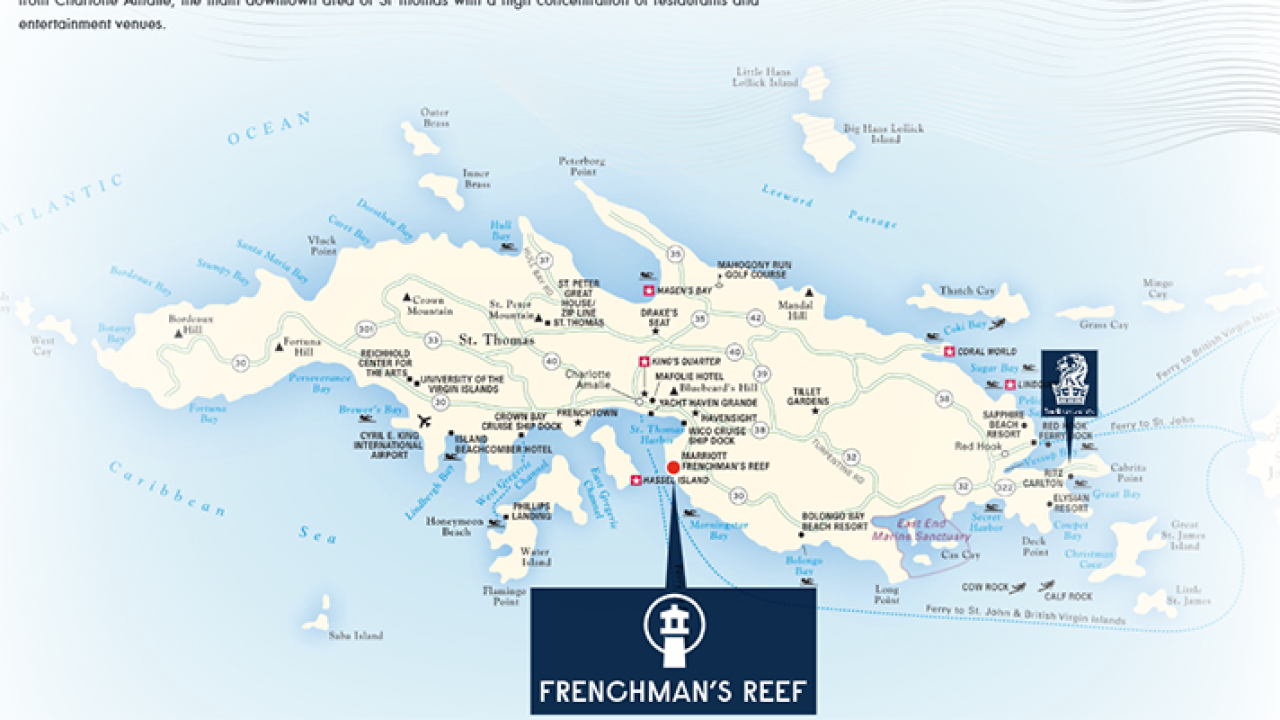
A West Virginia waste disposal company has defaulted on bond payments less than two years after borrowing $40 million of unrated bonds to build a plant and just three months after a follow-up $4 million deal.
It's the first payment default for Empire Green Generation LLC, which is part of a network of businesses owned by the same company that is building a large "green" industrial park at the Port of West Virginia.
The deal is part of an obscure and default-plagued corner of the municipal bond market consisting of project finance industrial development deals for "green" projects like recycling or waste-to-energy that are financed by unrated and high-yielding bonds. Often the facilities get delayed or run over budget, the technology fails to work or the plants don't generate sufficient revenue, said a source familiar with the sector.
Last year, Municipal Market Analytics noted that since 2021, "green (or probable green) bonds have accounted for 45% of first time payment defaults by industrial development bond borrowers." Most recently, Indiana's Brightmark Plastics Renewal LLC, which converts plastics into fuel, declared bankruptcy in March with about $172 million of outstanding municipal bonds.
Empire Green Generation's business plan takes plastics and other recyclable materials and uses a pyrolysis process that employs high heat in the absence of oxygen — an emissions-free process — to process them into fuel for the Port of West Virginia in Follansbee, West Virginia.
The company in May 2023 borrowed $40 million of unrated solid waste facility revenue bonds through the West Virginia Economic Development Authority. The proceeds funded the solid waste disposal facility as well as a $4 million debt service reserve fund and capitalized interest through May 2024.
In February, the borrower hit the market again, this time for up to $10 million of which $4 million was advanced at the time of delivery with the option to draw more later, according to
Both transactions were restricted to accredited buyers or qualified institutional investors and sport a 9.5% coupon with a 2043 final maturity. The debt has never traded, according to the MSRB website.
Bond trustee UMB Bank NA on Wednesday posted a
The reasons for the default were not clear as the company's documents, including an unscheduled debt service reserve draw document last October and its financial updates, are posted in a confidential data room.
In bond documents for the February financing, the company warned it did not have sufficient operating revenue to provide for required deposits to the bond fund, including for payments due on May 1, or to reimburse for previous draws on the debt service reserve fund.
To date, the company has failed to make required monthly deposits to the bond fund, the debt service reserve fund and the repair and replacement fund, according to bond documents.
Empire Green also said it had shifted away from its original business plan, which relied primarily on "tipping fees" for providing the service of disposing of waste plastics or medical waste in an environmentally friendly process. The new plan focuses on revenue from the production and sale of pyrolysis oil. "The company believes that production of pyrolysis oil is expected to increase profitability, while alleviating reliance on sales of other byproducts and uncertainty related to collection of tipping fees."
The borrower is a subsidiary of Empire Diversified Energy Inc., a holding company with business units in the sustainable energy and logistics sectors headquartered near the Port of West Virginia.
Empire Diversified is in the midst of building out a large riverfront industrial complex at the Port of West Virginia with projects run by several subsidiaries, according to the company's 2023
Its goal is developing "the largest ESG inland river port terminal in the U.S.A. along with a portfolio of 'green' oriented recycling plants as well as logistics and storage facilities at the Port of West Virginia," the website said.
Another subsidiary, Empire Trimodal Terminal, LLC, has made unscheduled draws on its reserves to cover payments related to $20 million of unrated municipal bonds floated in 2020.
Neither company returned requests for comment. In a February statement following the bond closing, Empire CEO Frank Rosso said he believes that "Empire Green Generation will set the standard for waste-to-energy recycling plants in the United States."





